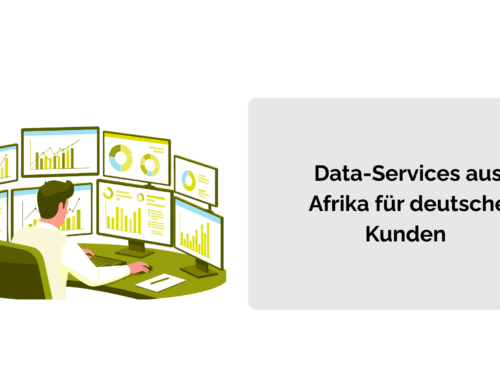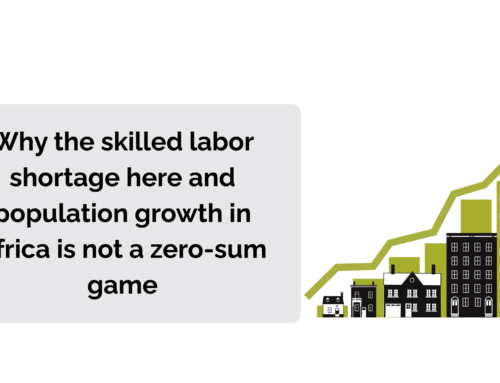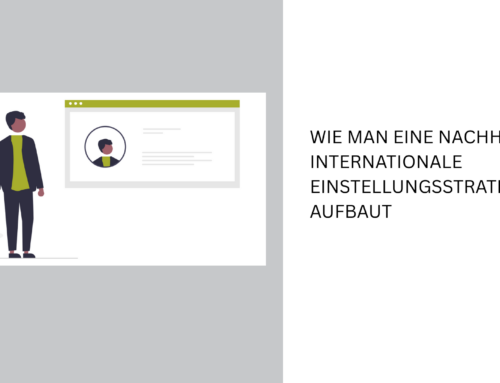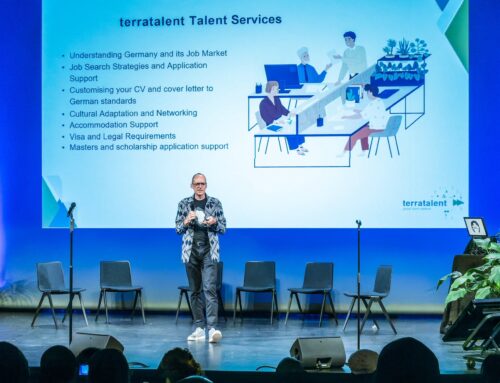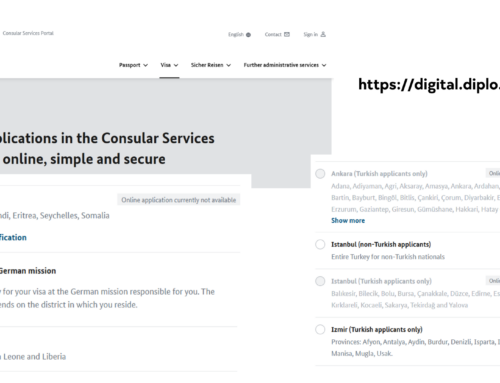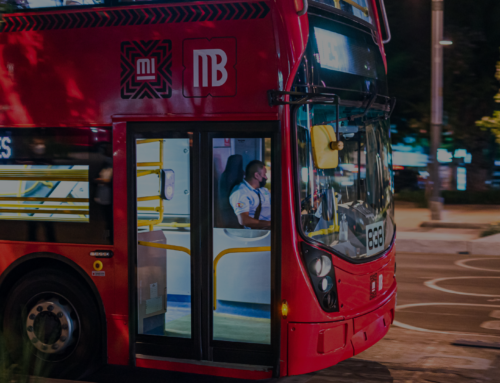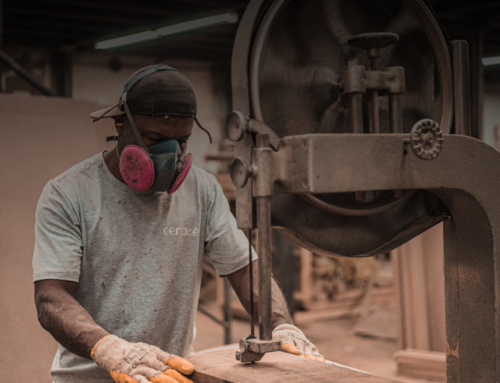“Naija no dey carry last!” – Nigerian startups visiting Berlin.
Over the past 20 years, national startup ecosystems have emerged across Africa, with South Africa, Nigeria, Egypt, and Kenya leading the pace of innovation, talent development, digital entrepreneurship, and investment appeal compared to the rest of the continent. These four countries combined contributed at least 81% of total venture capital (VC) funding of 3.1B US$ in 20221.
Since 2019, Nigerian startups have raised over 4.7B US$ across 848 deals, the most in Africa. Just as important, the Nigerian government has laid the foundation for startups to thrive, including passing a startup act in 2019, promoting the development of incubators, accelerators and tech hubs, and providing tax breaks and incentives for entrepreneurs and startup investors.
Nigeria has Africa’s largest population, and its 215 million people are skilled hustling entrepreneurs. We were able to see this for ourselves during the week around the first GITEX Summit in Berlin.
At the invitation of GIZ, ten startups came to Berlin to exchange ideas with the German and Berlin startup ecosystems.

For the attainment of a rapid digital transformation of the innovation and entrepreneurship ecosystem GIZ has developed the TechMyBiz initiative (see https://dtcnigeria.com/techmybiz/). The TechMyBiz Nigeria initiative is an end-to-end digital transformation process to identify and select digital solutions (adaptable for MSMEs) developed by Nigerian innovators and/or start-ups.
These ten startups made their way to Berlin:
The situation in Nigeria is similar to that in Germany, if you take a closer look at the founders’ solutions. First and foremost, the founders in Nigeria are looking for solutions to local problems. One solution, for example, addresses the problem of how car owners or workshops find each other and good mechanics. Asoro Automotive created an online exchange through which mechanics can be identified who can help solve a car problem quickly and most cost-effectively. This solution is certainly innovative in the local context and scalable to a certain extent, but it’s probably not suitable for the German automotive sector.
That is why GIZ focuses with Techmybiz on local innovators and start-ups that have developed digital solutions targeting local MSMEs.
terratalent supported the startups in Berlin in networking with local stakeholders and explained German structures beyond the D:Hub initiative, the startup association. Through the Africa-Berlin Tech Network project, funded by the State of Berlin, the group engaged with the African IT scene in Berlin.

Despite all the differences, one thing was clear: the talent pool of innovators and IT talent in Nigeria is virtually inexhaustible. Even if the market overlap isn’t significant, this would definitely be a starting point for German startups or IT companies.
The startups were supported in developing their business ideas and preparing for the trip by the local training institute TechQuest STEM Academy. Its co-founder, Charles Emembolu, is also co-initiator of the Omniverse Summit in Nigeria, which will take place in Lagos from February 24 to 27, 2026. This would be the latest date for a return visit to Nigeria. Perhaps by then, it will also be possible to attract ten German startups who want to experience the dynamics in Nigeria for themselves.
“Naija no dey carry last!” is a local phrase that characterizes the national identity of Nigeria. It means: Nigerians never come last. That’s why it’s definitely worth taking a look at Nigeria.
The importance of the visit to Berlin for the Nigerian side is shown by the visit of the Nigerian Minister for Communications, Innovation and Digital Economy, Dr. Bosun Tijani. Dr. Tijani took plenty of time and spoke with all the exhibitors.
And because we see so many opportunities in Nigeria, we’re currently in the process of signing a Letter of Intent with the talent pool Blakskill in Nigeria. There’s a lot to do, let’s get started.

